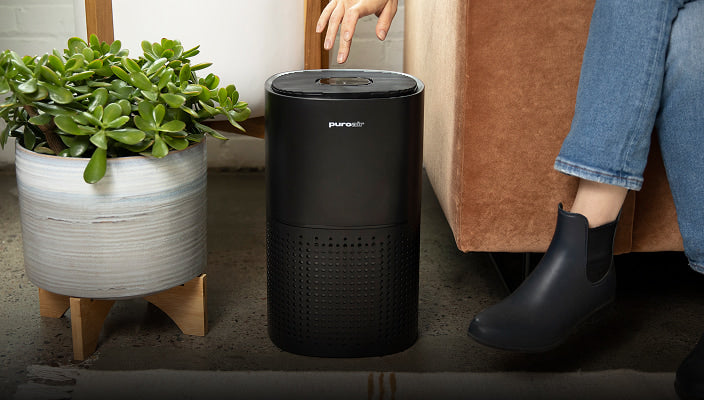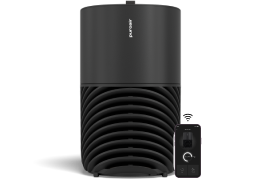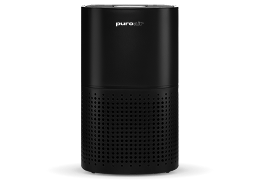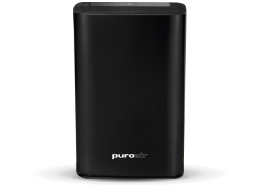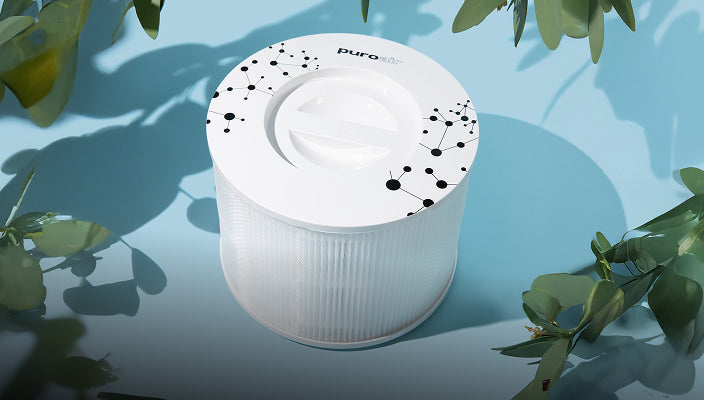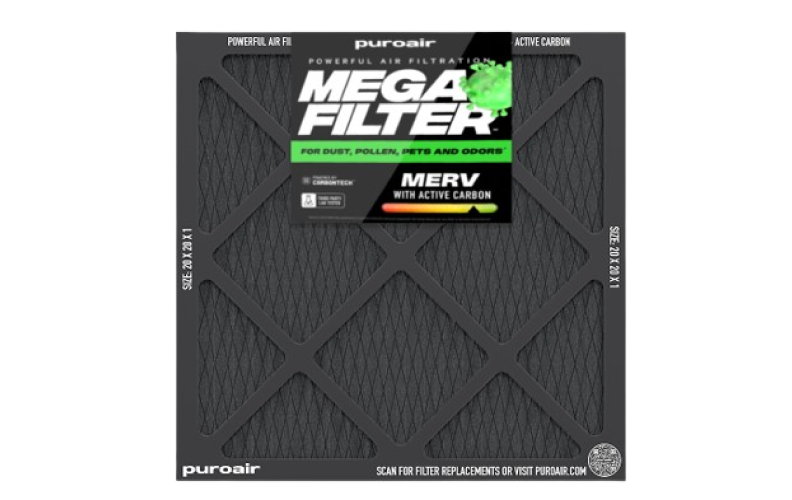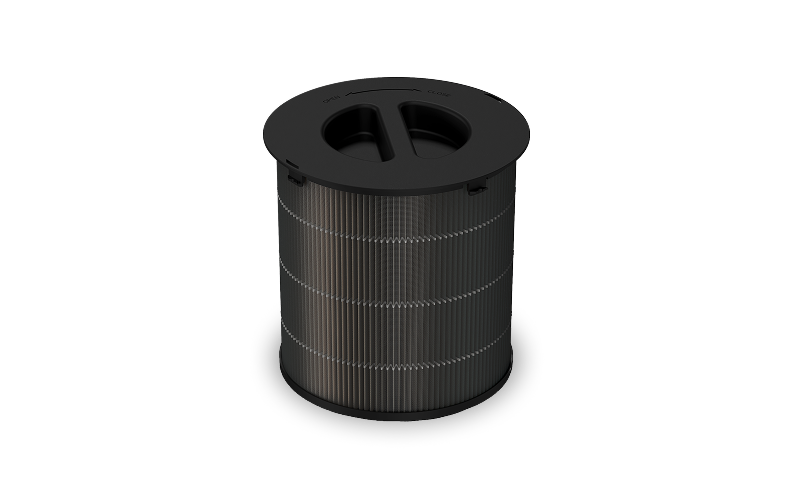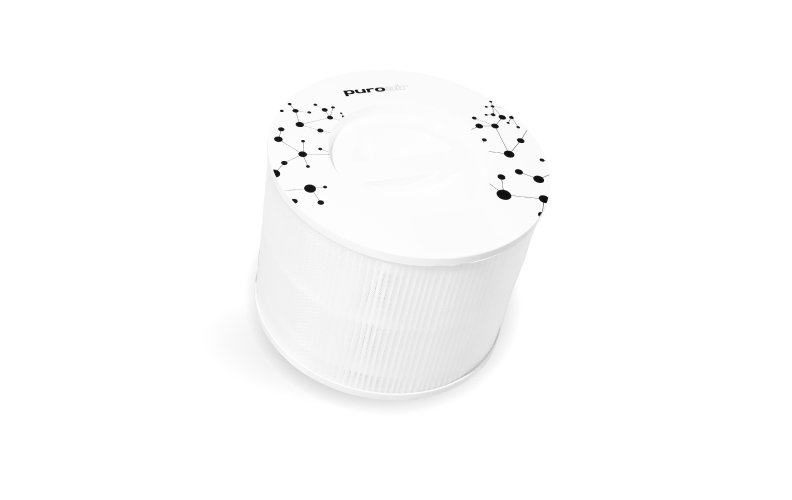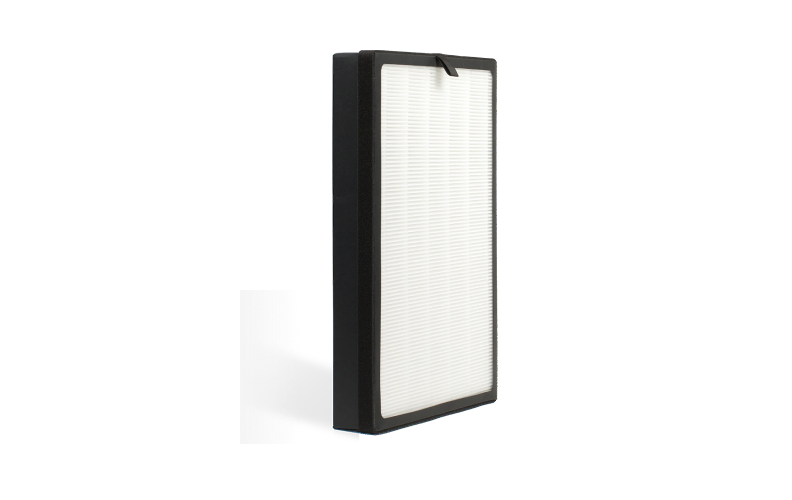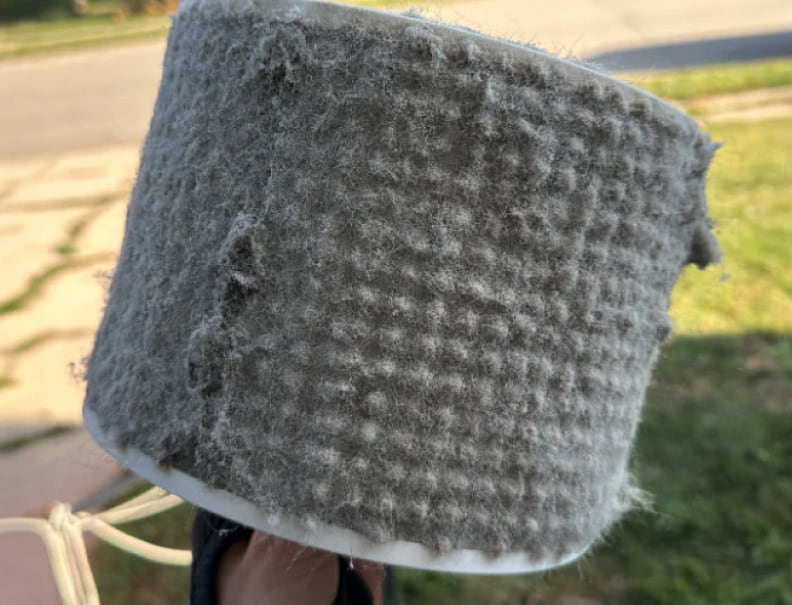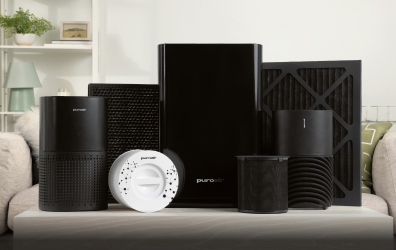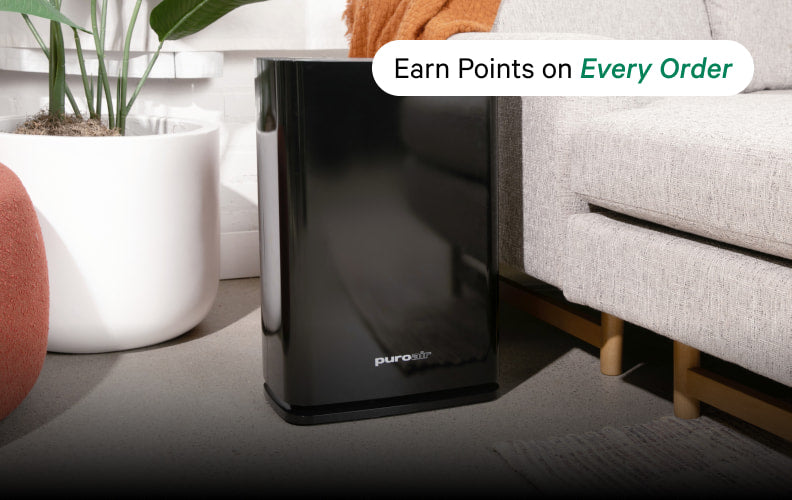A new year is the perfect time to set meaningful goals, and what could be more important than improving your health? Most of us focus on diet and exercise when adopting healthier habits, but one often overlooked aspect is the air we breathe. Air quality directly impacts your lung health and overall well-being, and prioritizing cleaner air in 2025 can lead to noticeable improvements in your sleep, mood, energy levels, and more.
This blog explores the profound connection between air quality and health, practical ways to enhance your indoor air, and simple habits to help you breathe easier all year long.
How Indoor Air Quality Impacts Lung Health
The air inside your home or office may feel safe, but it can often be more polluted than outdoor air. According to the Environmental Protection Agency (EPA), indoor air pollutants can be two to five times higher than outdoor levels. With people spending 90% of their time indoors, this is cause for concern for your lungs.
What’s polluting your indoor air?
- Dust mites, pet dander, and mold spores
- Chemicals from cleaning products and furniture
- Tobacco smoke or cooking fumes
- Poor ventilation allowing harmful particles to linger
These pollutants irritate the lining of your lungs, leading to issues such as allergies, respiratory conditions, and even reduced lung function over time. For those with pre-existing respiratory conditions, poor indoor air quality can be particularly harmful, contributing to frequent flare-ups and discomfort.
To keep your lungs in top form, focus on reducing indoor air pollutants. Purging your living space of irritants and introducing clean air habits can make a significant difference.
How Does Air Quality Impact Overall Health?
It’s not just your lungs that suffer when air quality is poor; the rest of your body pays the price too. Polluted air carries harmful particles that can travel through your bloodstream once inhaled, impacting multiple systems beyond the lungs.
Some of the most notable effects include:
- Cardiovascular Issues
Prolonged exposure to polluted air can increase blood pressure, inflammation, and even your risk of stroke or heart disease.
- Weakened Immune System
Poor air quality can suppress your immune system, leaving you more susceptible to infections, colds, and the flu.
- Difficulty Concentrating
Studies show that when air quality diminishes, cognitive functions such as concentration and memory can decline. Cleaner air supports clearer thinking and better mental performance.
Air is essential, but clean air is what ensures vitality. Making air quality a priority can elevate your physical and mental health—and the best part? These changes don’t require a massive overhaul, just mindful attention to your environment.
Better Air Quality, Better Sleep, Better Life
There’s a surprising connection between the air you breathe and the quality of your sleep. Poor indoor air often disrupts sleep patterns due to irritation in your nasal passages, snoring, or even respiratory issues that hinder deep sleep cycles. And when you’re not sleeping soundly, your overall health takes a hit.
Here’s how improving air quality enhances your sleep and life:
- Reduced Allergens*: Clean air reduces nasal congestion, allowing you to breathe more comfortably at night.
- Better Mood: Sufficient sleep leads to a brighter mood and fewer mood swings.
- Weight Management: Studies indicate a link between good sleep and healthier eating habits. People who sleep better also tend to have more energy to stay active.
- Improved Focus: A rested mind is far sharper and more productive than one fatigued by poor-quality sleep.
The takeaway? Investing in better air quality pays off not just in better breathing, but also in higher energy levels and improved emotional well-being.
Habits to Guarantee Healthy Air in the New Year
Now that you understand the impact of air quality on your well-being, here are practical steps to ensure clean air and prioritize lung health in 2025:
1. Use an Air Purifier
Investing in a high-quality air purifier is one of the simplest and most effective ways to improve indoor air. Look for purifiers like Puroair which are equipped with HEPA filters, trapping up to 99.9% of microscopic allergens* and pollutants, leaving your air fresher and cleaner.
2. Maintain Proper Ventilation
Stale air is a breeding ground for pollutants. Open windows whenever possible to increase airflow, or use exhaust fans in areas prone to moisture buildup, such as kitchens and bathrooms.
3. Limit Chemical Use Indoors
Swap harsh cleaning products, air fresheners, and sprays with natural or non-toxic alternatives. The fewer chemicals you release into your environment, the healthier your air becomes.
4. Keep Your Home Free of Dust
Regularly vacuuming carpets and wiping down surfaces greatly reduces the presence of dust mites and allergens*. For added effectiveness, use a vacuum equipped with a HEPA filter.
5. Incorporate Plants
Certain houseplants, such as spider plants and peace lilies, act as natural air purifiers by absorbing toxins while releasing fresh oxygen. Not to mention, they add a soothing, aesthetic touch to your living space.
6. Quit Smoking Indoors (or Altogether)
Cigarette smoke is one of the leading culprits in indoor air pollution—not to mention damage to your lungs. Define smoke-free areas inside your home, or consider quitting for cleaner air and improved health.
7. Change HVAC Filters Regularly
If your home has HVAC systems, check and replace filters as needed. Clean filters are essential for trapping dust, pollen, and pollutants.
Upgrading from a standard fiberglass HVAC filter to our brand new Mega MERV 13 air filter will effectively tackle allergens, pet dander, smoke, and odors, providing your home with cleaner, fresher air for up to 3x longer.*
Making these small adjustments not only supports better air quality but creates an environment that fosters health, comfort, and vitality for everyone under your roof.
Breathe Easier in 2025
Your lungs work hard for you every single day, but it’s easy to take clean air for granted. By prioritizing better air quality—both inside and out—you’re making an investment in your long-term health, sleep, and overall quality of life.
Start the new year right by incorporating clean-air habits into your routine. Swap out toxic products, bring home an air purifier like the 130i Smart Air Purifier, and prioritize good ventilation. Remember, every breath matters.
If you're ready to elevate your commitment to health in 2025, explore tools and resources to create a cleaner, healthier living space. Here’s to a lung-healthy new year full of fresher breaths and better days ahead!
*Tested to remove Fel d 1 and pollen in an ISO 17025 certified lab.

